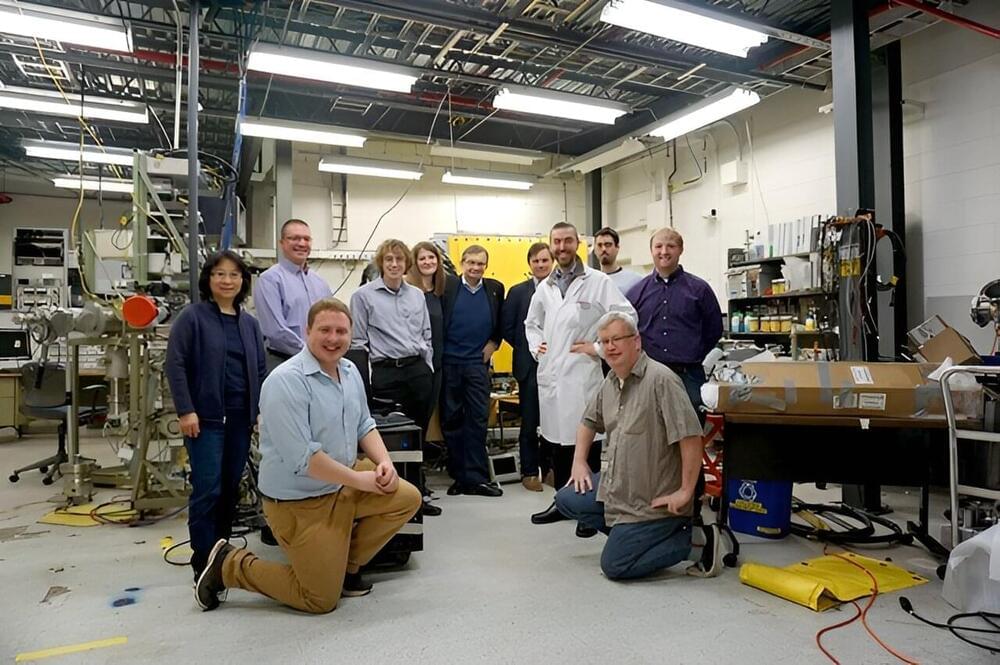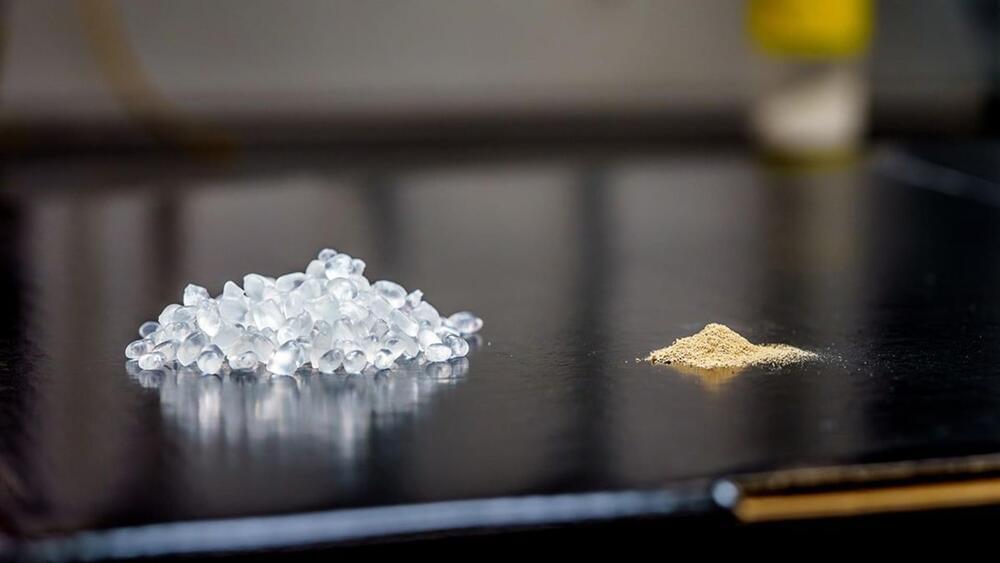Melanoma is the most serious type of skin cancer. Often the first sign of melanoma is a change in the size, shape, color, or feel of a mole. Most melanomas have a black or black-blue area. Melanoma may also appear as a new mole. It may be black, abnormal, or “ugly looking.”
Thinking of “ABCDE” can help you remember what to watch for:






